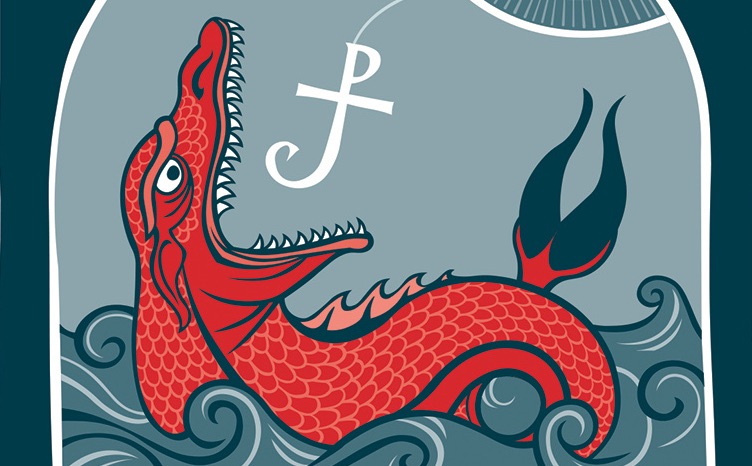The Myth of Sisyphus and the Existential Consequences of Atheism
- Nikolas Greene
- Jul 26, 2023
- 3 min read
The new atheism of today takes on a snarky and even anti-theistic attitude. It is not one that is concerned with rational argument or sincere dialogue with theists, but one that is content with using memes about religion and asking non-sensical questions like "Who created God?" or "Can God make a stone so heavy that He can't lift it?" as its arguments. Apart from being a serious philosophical inquiry into the nature of fundamental reality, it is often an exercise for prima-donnas that think they are freeing humanity from the irrational superstitions of religion. In reality, they are only showing their philosophical naïveté, and an utter ignorance of serious arguments for God's existence that have been raised for the past few hundred years. However, atheism wasn't always like this. In centuries prior, atheistic philosophers thought seriously about the implications of their worldview. For them, the death of God was not a triumph, but a tragedy. The new atheism thinks that by killing God, man frees himself from his chains. The atheists of old realized that in killing God man had only succeeded in killing himself.
Neitzsche's nihilism, Sarte's existentialism, and Camus' absurdism are the main three main schools of atheism that arose during the last century. Though different, they each express the same idea: If God does not exist then life is objectively meaningless. I think that out of all the atheistic thinkers of past century, it was Camus who took his atheism to its logical conclusion. His absurdism is similar to Nietzsche's nihilism in that it acknowledges the meaninglessness of life without God, and is also similar to Sarte's existentialism in that is says since God doesn't exist we must make our own purpose, but it goes one step further.
On absurdism, not only is life meaningless, but it's absurd that it's meaningless. Man searches for meaning in all that he does. His predicament is that he can't find any ultimate meaning to ground his life. Why do anything at all? If life ends at the grave, then what's the point? If we pass out of existence at death, what significance can be assigned to life? In the end mankind is no more significant that a pile of maggots, for their end is the same. Humanity will possibly go on for some number of years but eventually we will go extinct. Then some time later any trace of humanity's existence will be gone. Man will become forgotten in the vast recesses of an indifferent universe. This is the horror of a Godless universe, and, for Camus, makes life absurd.
In 1942 Camus wrote The Myth of Sisyphus, a work of absurdism that illustrates the situation man finds himself in. In Greek mythology, Sisyphus was punished by the gods and forced to roll a stone up a mountain each day for eternity. Right before he got to the top, no matter what he did, the stone would roll away. Camus says that we're all like Sisyphus. No matter what we do in life, whether is be good or ill, will eventually be forgotten. Even if we were to strike fame of some sort, that might prolong our memory, but in time that will cease too.
In light of this, Camus says that the only meaningful question in philosophy is whether or not to commit suicide. If life ends in pain, why keep it going? Camus' answer is that the struggle itself is worth it. "The struggle itself to the heights is enough to fill a man's heart. One must imagine Sisyphus happy." The problem with this answer is that its absolutely inconsistent with an absurdist worldview. Man knows his life is meaningless but in order to stay alive he must reject what he knows to be true. This absurdism becomes impractical and thus unlivable. It is impossible for man to live without meaning. He yearns for it. He craves it. His heart desires it. Yet, on absurdism, it is no where to be found. Man remains a cosmic orphan, wondering through life trying to find a home that is not there.
Though I vehemently disagree with Camus on atheism, I have much respect for him and others who are willing to take their atheism to its logical conclusion. Even though they can't live practically with an abdusrdist worldview.
The good news is that man craves meaning because he was created with a purpose. In contrast to the bleak and untenable consequences of atheism, Christianity offers the solution to the problem, and it is beyond our wildest imaginings. Man is called to unfathomable heights. His end is not non-existence, but eternal beatitude. He searches for the infinite because that is what he was made for. "What no eye has seen, nor ear heard, nor the human heart conceived, what God has prepared for those who love him" (1 Cor 2:9)





Comments